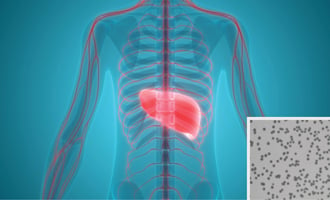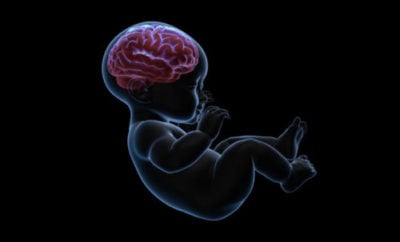A New Treatment Strategy for Alcohol-Associated Liver Disease
Alcohol is involved in nearly half of all liver disease deaths in the United States each year. Alcohol-associated liver disease (AALD) now replaces hepatitis C viral infection as the lead cause of liver transplantation due to chronic liver disease. Consequently, there is an urgent need for effective interventions for AALD, a complex disease with multiple … Read more





